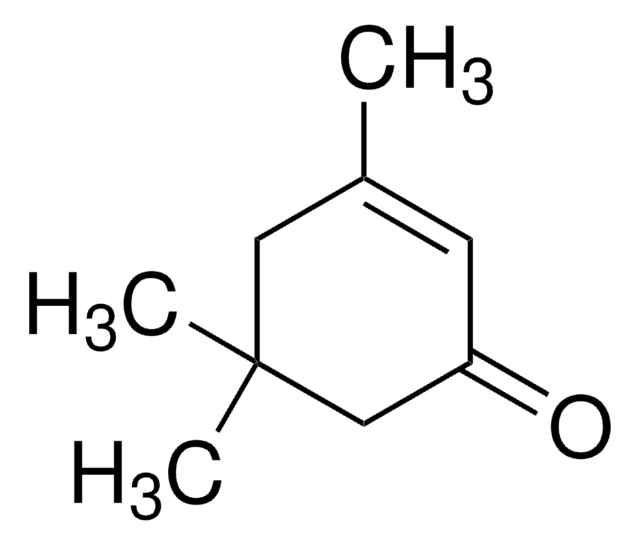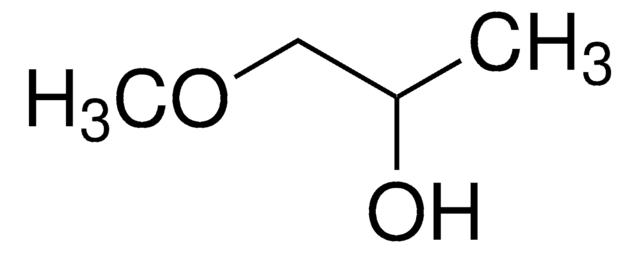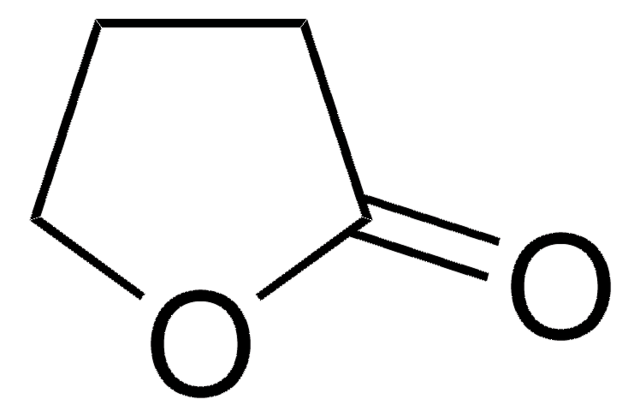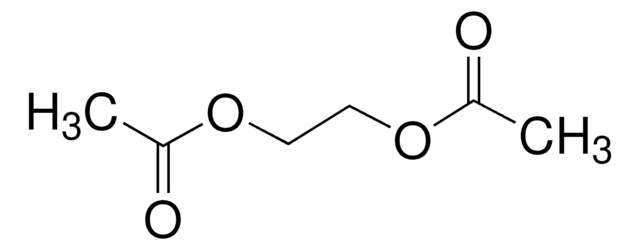109967
2-Ethoxyethyl acetate
98%
Synonym(s):
1-Acetoxy-2-ethoxyethane, Cellosolve® acetate, Ethylene glycol monoethyl ether acetate
About This Item
Recommended Products
vapor density
4.6 (vs air)
Quality Level
vapor pressure
2 mmHg ( 20 °C)
Assay
98%
form
liquid
autoignition temp.
715 °F
expl. lim.
13 %
technique(s)
microbiological culture: suitable
refractive index
n20/D 1.403-1.409
n20/D 1.406 (lit.)
bp
156 °C (lit.)
mp
−61 °C (lit.)
solubility
H2O: soluble about 6 parts
density
0.975 g/mL at 25 °C (lit.)
functional group
ester
ether
SMILES string
CCOCCOC(C)=O
InChI
1S/C6H12O3/c1-3-8-4-5-9-6(2)7/h3-5H2,1-2H3
InChI key
SVONRAPFKPVNKG-UHFFFAOYSA-N
Looking for similar products? Visit Product Comparison Guide
Related Categories
Application
Legal Information
Signal Word
Danger
Hazard Statements
Precautionary Statements
Hazard Classifications
Acute Tox. 4 Dermal - Acute Tox. 4 Inhalation - Acute Tox. 4 Oral - Flam. Liq. 3 - Repr. 1B
Storage Class Code
3 - Flammable liquids
WGK
WGK 2
Flash Point(F)
129.2 °F - closed cup
Flash Point(C)
54 °C - closed cup
Personal Protective Equipment
Choose from one of the most recent versions:
Already Own This Product?
Find documentation for the products that you have recently purchased in the Document Library.
Our team of scientists has experience in all areas of research including Life Science, Material Science, Chemical Synthesis, Chromatography, Analytical and many others.
Contact Technical Service











